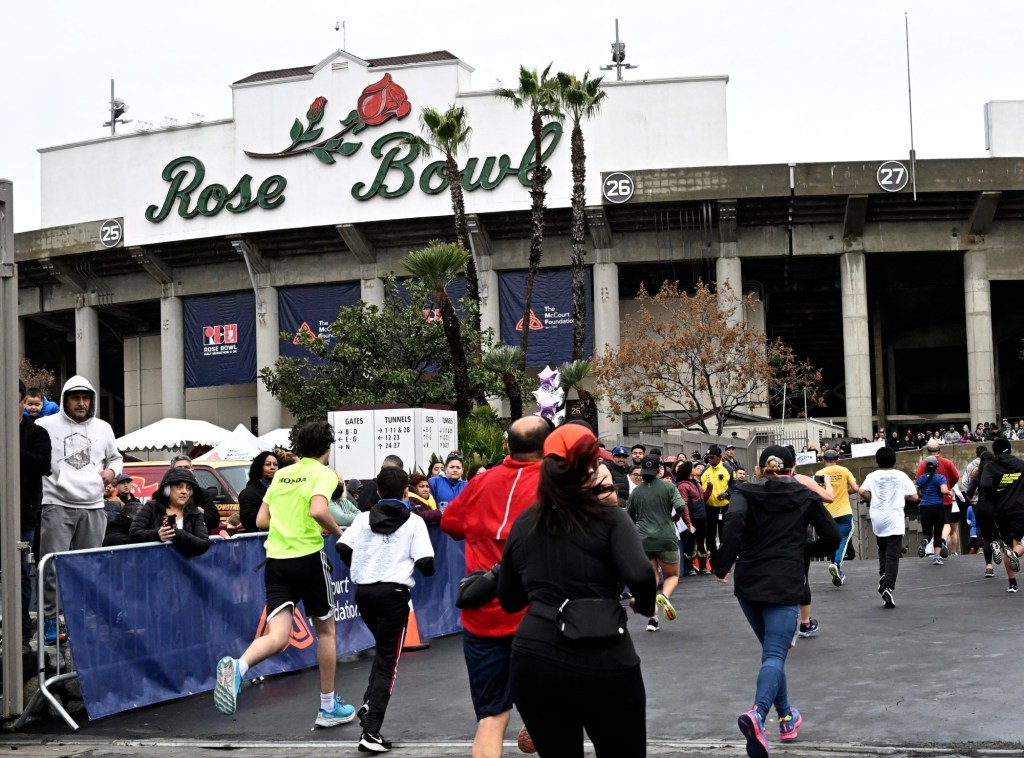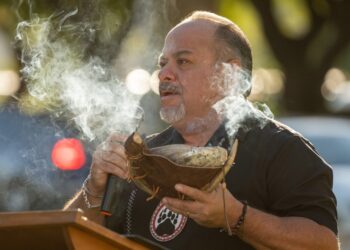Following years of financial struggles, a new state law signed by Gov. Gavin Newsom this week will give Pasadena’s Rose Bowl stadium and other historic venues throughout California a boost of funding by redirecting a percentage of tax dollars.
SB 96, or The Historic Venue Restoration and Resiliency Act, authored by State Sen. Anthony Portantino, will take some state sales and use tax revenue that was generated during qualified live events at historic venues and reimburse the funds back to their home city or county.
The funding will only be used for certain purposes, such as capital infrastructure, preservation, retrofitting and ADA improvements. The bill will sunset after five years without an extension.
“Senate Bill 96 is both an affirmation of the positive impact that historic sports and entertainment venues have on their local economies, and a testament to the hard work of Senator Portantino in moving this bill through with the support of his colleagues,” said Pasadena Mayor Victor Gordo, who has supported the bill’s progress through the legislature this year.
There’s no official projection yet on how much money the bill will net for the Rose Bowl when it becomes effective at the start of next year. However, it comes amid some uncertainty for the stadium, which before the pandemic was projected to lose close to $20 million by 2027, leading the Rose Bowl Operating Company to explore new avenues for generating revenue, such as live music festivals and family golf.
Since then, the pandemic, rising debt obligations, competition from other stadiums, and the restructuring of the College Football Playoffs have exacerbated the outlook. But so far, the change in tactic seems to be working, as a February update showed the stadium projecting a $10 million end of the year balance, rather than the $6 million it forecasted in 2022.
“The Rose Bowl Stadium is extremely grateful to Governor Newsom for signing SB 96 into law and to Senator Portantino for…
Read the full article here







